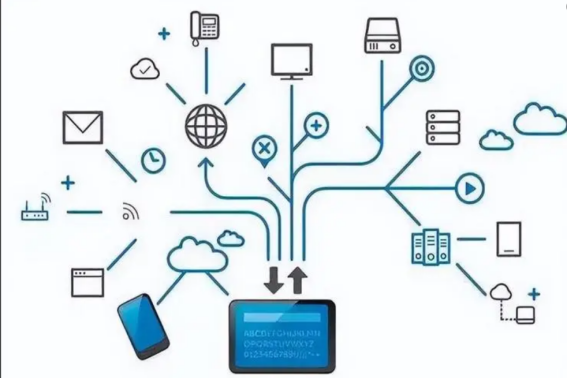DevOps is a culture that promotes collaboration between development and operations teams, aimed at shortening the software development lifecycle. By fostering a culture of shared responsibility, DevOps enhances the quality and speed of software delivery. This post explores the key principles and tools that facilitate this integration.
Central to DevOps is the concept of continuous integration and continuous deployment (CI/CD). CI/CD pipelines automate the testing and deployment of code, enabling teams to release updates more frequently and with greater confidence. Tools like Jenkins and CircleCI play a crucial role in establishing these pipelines.
Collaboration is another pillar of DevOps. By breaking down silos between development and operations, teams can communicate more effectively and address issues proactively. Regular meetings and shared goals foster a sense of unity and purpose.
Additionally, infrastructure as code (IaC) has become a standard practice in DevOps. Tools like Terraform and Ansible allow teams to manage infrastructure using code, making it easier to automate deployments and ensure consistency across environments.
In conclusion, adopting a DevOps culture can significantly enhance software delivery processes. By embracing collaboration, automation, and shared responsibility, organizations can achieve greater efficiency and deliver higher-quality products.


